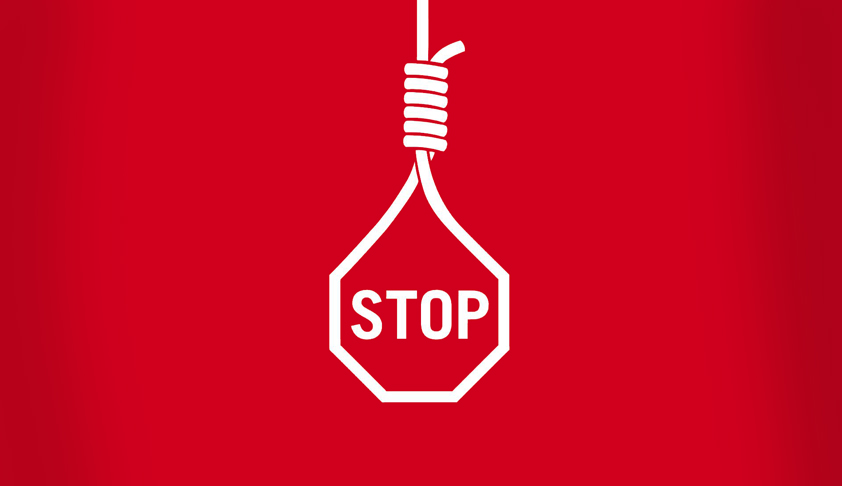Executions on a downward trend in the U.S; Death Penalty hits record low in 2015
LIVELAW NEWS NETWORK
17 Dec 2015 2:14 PM IST

Next Story
17 Dec 2015 2:14 PM IST
The number of death sentences awarded by Courts and the executions carried out in the US both dropped to historic lows in 2015, according to an annual report on capital punishment published on Wednesday.Nationally, the number of new death sentences awarded has dropped from a peak of 315 in 1996 to a projected low of 49 in 2015, a 33 percent decline from what was already a 40-year low in 2014....
